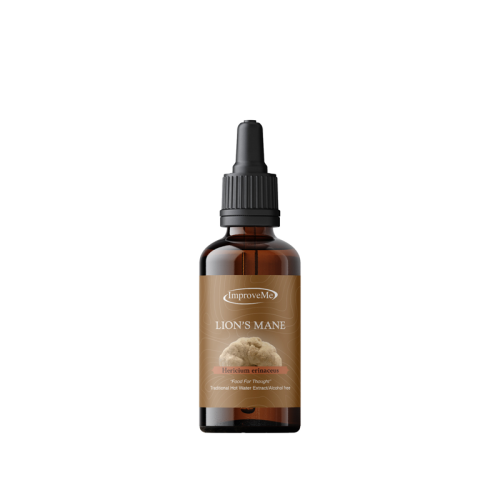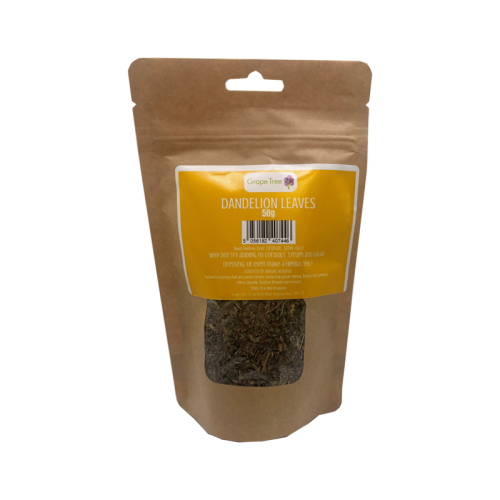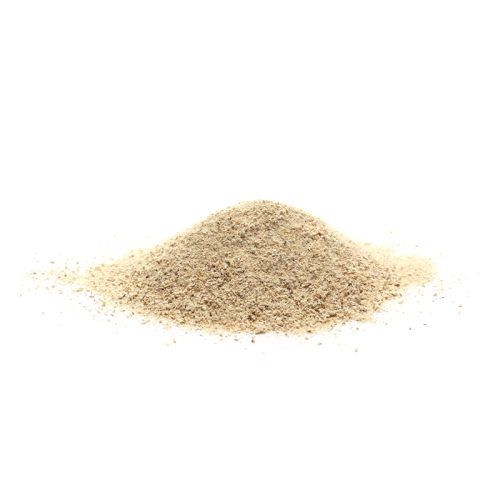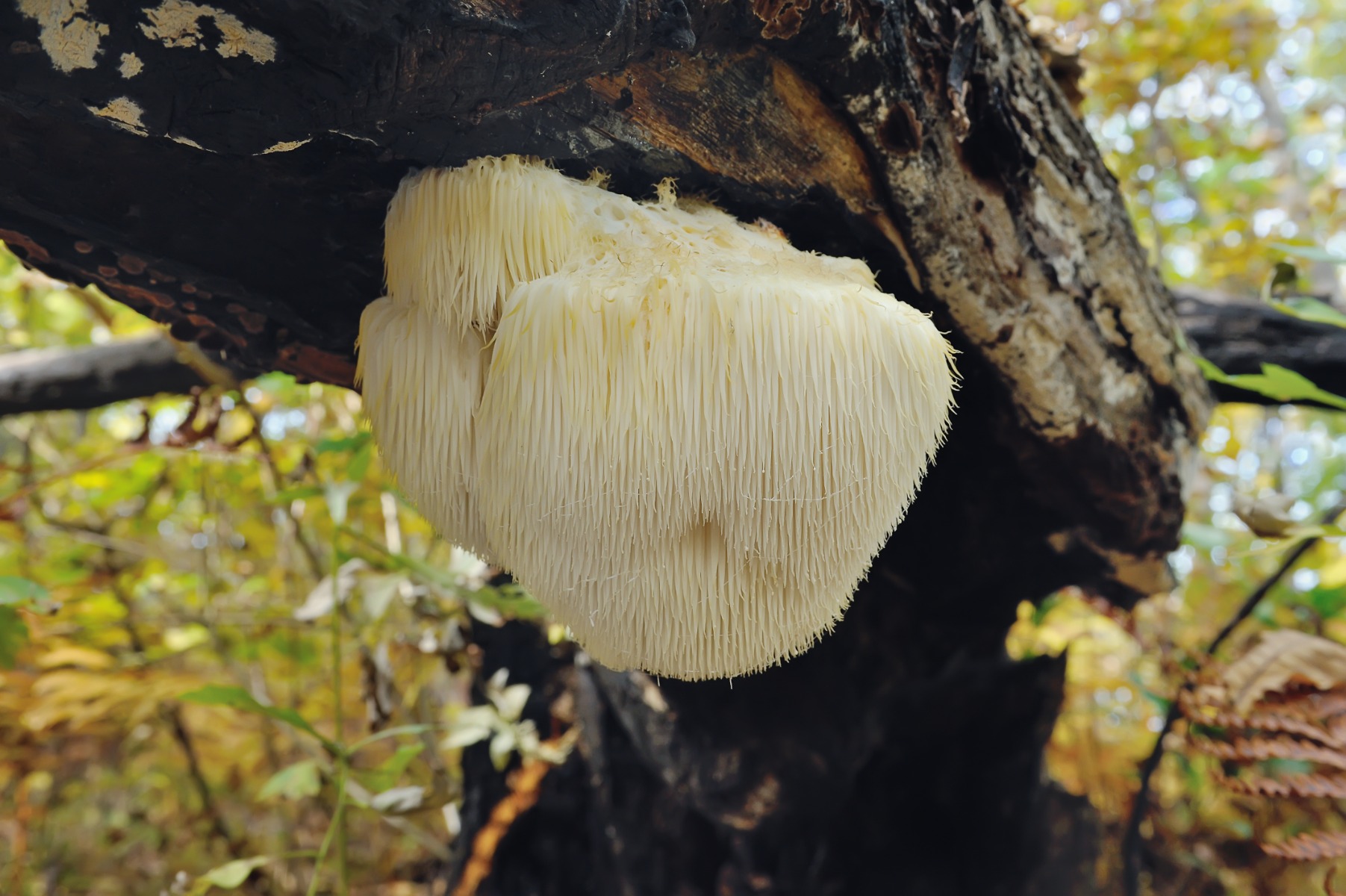

Photo Credit: "© [IgorCheri] / Adobe Stock
Lately, you’ve been struggling with brain fog. You’re feeling slightly anxious, and your mood isn’t too great. After looking up natural remedies you come across lion’s mane, but you’re unsure whether it’s right for you.
Lion’s mane is a mushroom after all. What happens when you take it, will it make you feel weird? In this article, we’re answering your questions and giving you the lowdown on what to expect when you take lion’s mane.
What is lion’s mane?
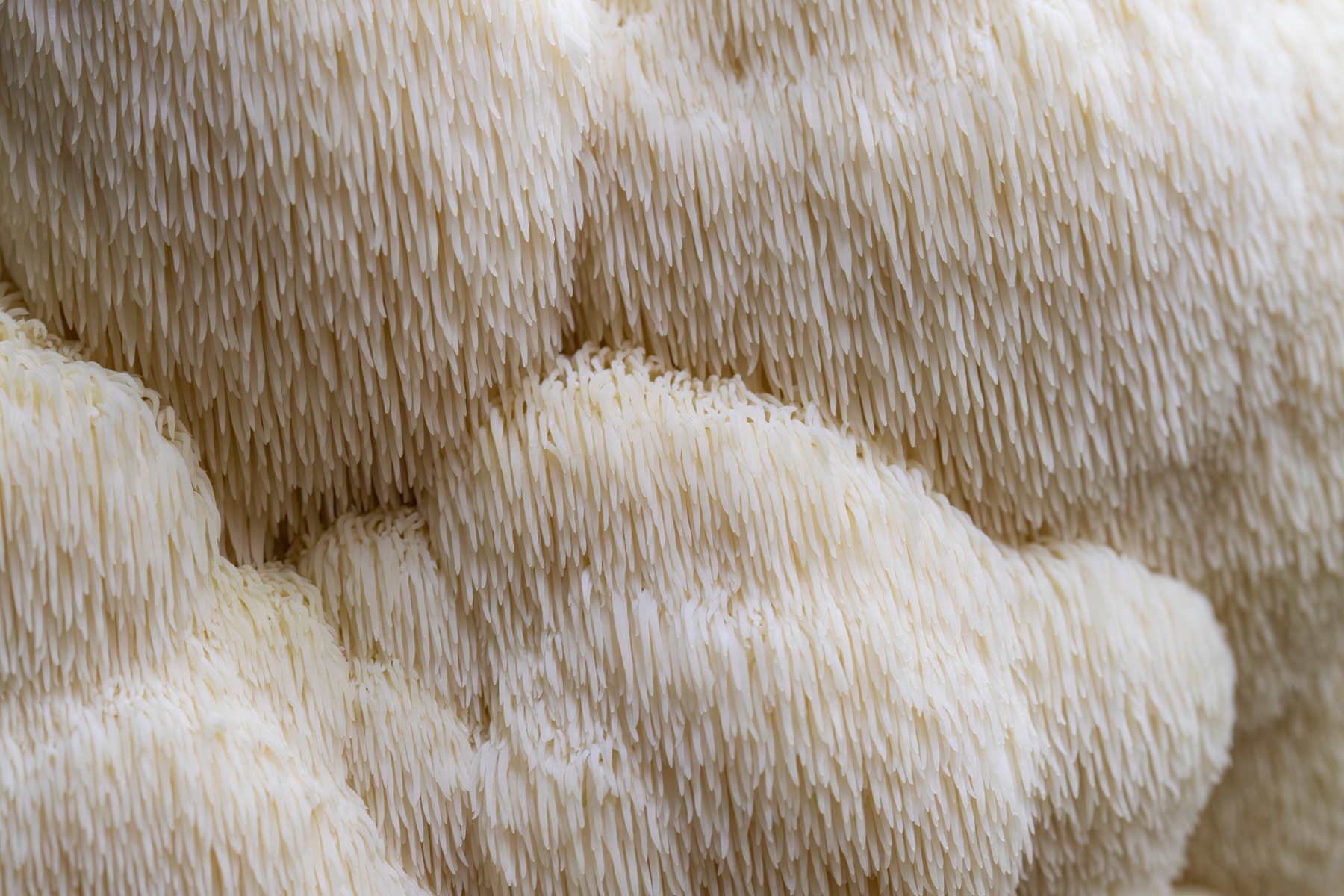

Photo Credit: "© [Michael O'Neill] / Adobe Stock
Lion’s mane is a white pompom-shaped mushroom that clumps together to look like cauliflower. Up close, it has white tendrils that drop down together to form a beard shape. Hence the name ‘lion’s mane.’
It grows in forests with mild climates across parts of China, Japan, North America and Europe. Lion’s mane is found in the UK, but it’s considered endangered, so it’s important not to pick it. You can purchase kits to grow lion’s mane or get a lion’s mane supplement from a reputable source.
What does lion’s mane taste like?
Lion’s mane has a light, fishy taste with sweet undertones, similar to shellfish like lobster, scallops, and crab. It can also have a bitter tang that reduces when you fry raw lion’s mane mushroom. However, the most popular way to take lion’s mane is via lion’s mane extract, lion’s mane powder, or lion’s mane capsules.
Is lion’s mane psychoactive?
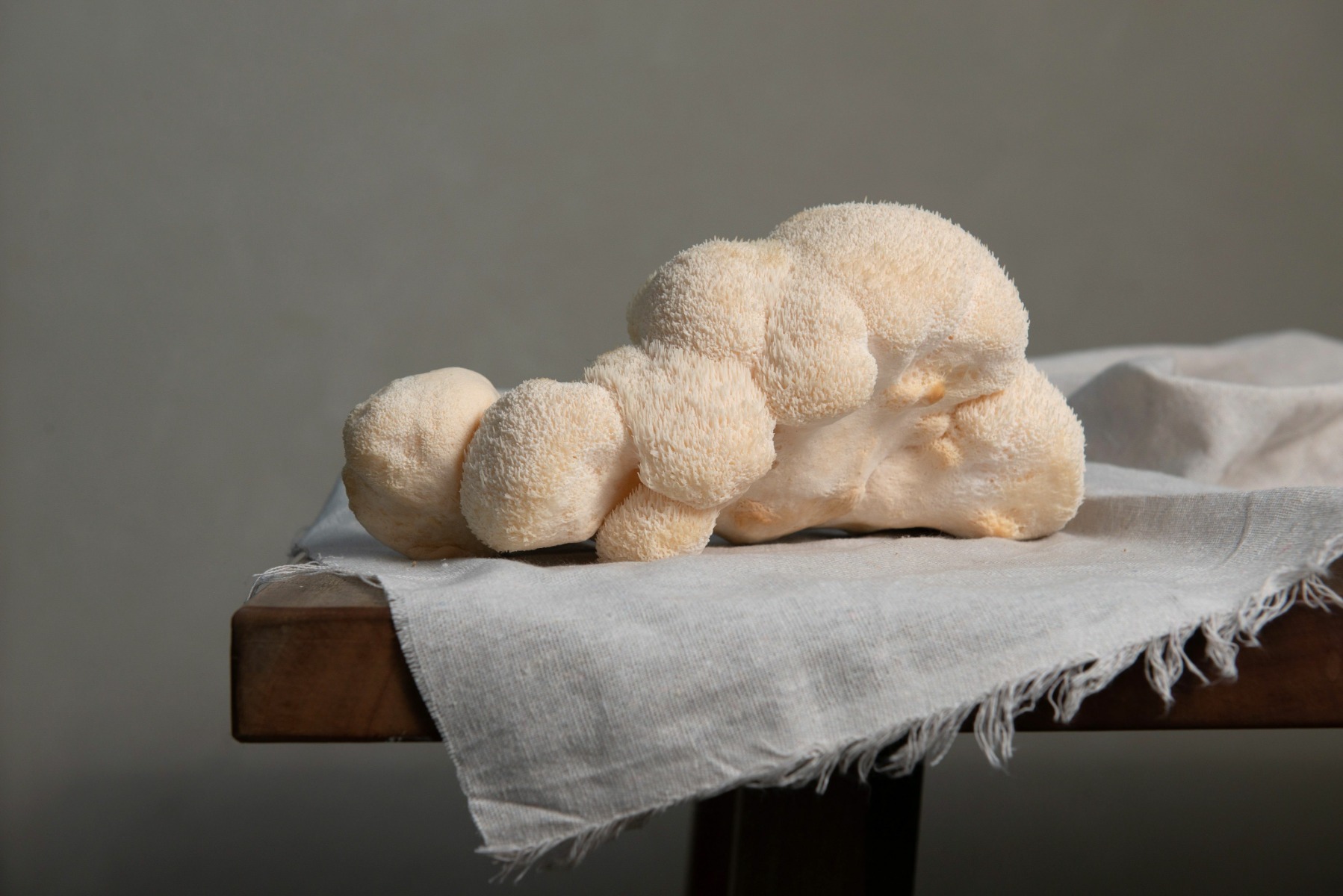

Photo Credit: "© [Simone Oppes/Wirestock Creators] / Adobe Stock
No, lion’s mane is not psychoactive, which means you can’t get high off lion’s mane. It will be like taking your average supermarket mushrooms - except with more benefits!
What’s the difference between psychoactive mushrooms and lion’s mane?
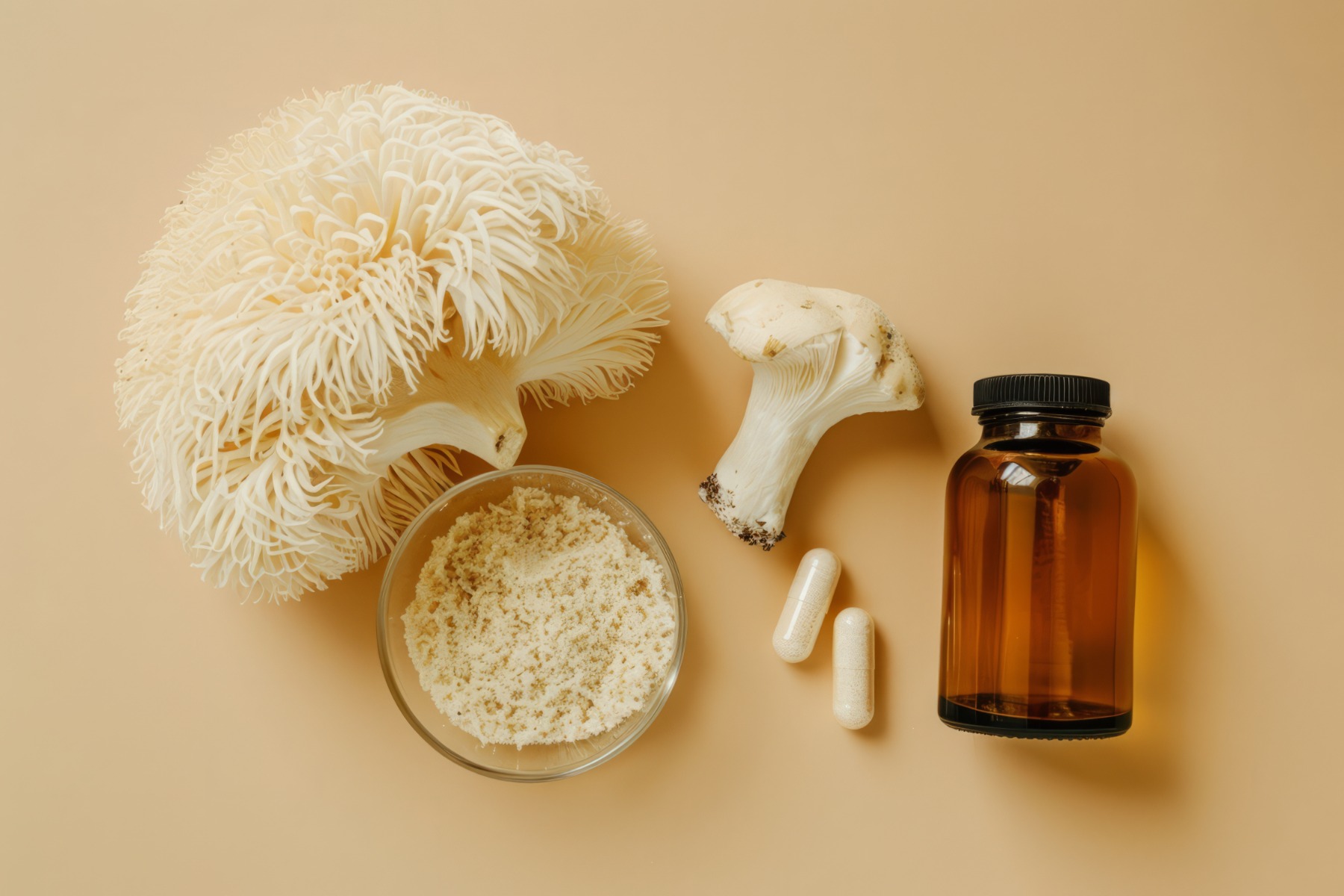

Photo Credit: "© [ink drop] / Adobe Stock
Psychoactive, psychedelic, or ‘magic’ mushrooms dramatically impact your vision, usually creating hallucinations or a change in perception. They affect your mood and can make you experience a sense of euphoria or, in some cases, paranoia. Psychedelics also alter thought patterns. For example, some people have ‘breakthroughs’ or a change in thinking patterns.
Lion’s mane is strictly not psychoactive. However, it does contain components of psychedelic mushrooms, such as ergothioneine, which impacts serotonin production.
Serotonin is a happy hormone. It’s responsible for a host of bodily functions, including mood regulation, digestion and sleep. When you don’t have enough serotonin, you can feel sad, anxious and fatigued. You may also struggle with gut issues and sleep.
To put it simply, lion’s mane has a psychedelic component that boosts serotonin without hallucinogenic effects.
How does lion’s mane make you feel?
We’ve established that taking lion’s mane won’t feel like walking through a colourful, patterned dream world. So, how does it make you feel?
You’ll feel more focused


Photo Credit: "© [iana_kolesnikova] / Adobe Stock
Lion’s mane is nicknamed the ‘smart mushroom’ because it stimulates the nerve growth factor (NGF). Nerve growth increases the rate at which your brain cells develop. This helps you to become more focused, improving productivity and concentration.
The mushroom won’t help you become superhuman intelligent, but it can optimise your potential. So, try taking lion’s mane mushroom supplement when you’re studying or want to be laser-focused on work. Bear in mind that the effects won’t work instantly. The benefits take 2-3 months to truly kick in, so take lion’s mane consistently to see results.
Can lion's mane help ADHD?
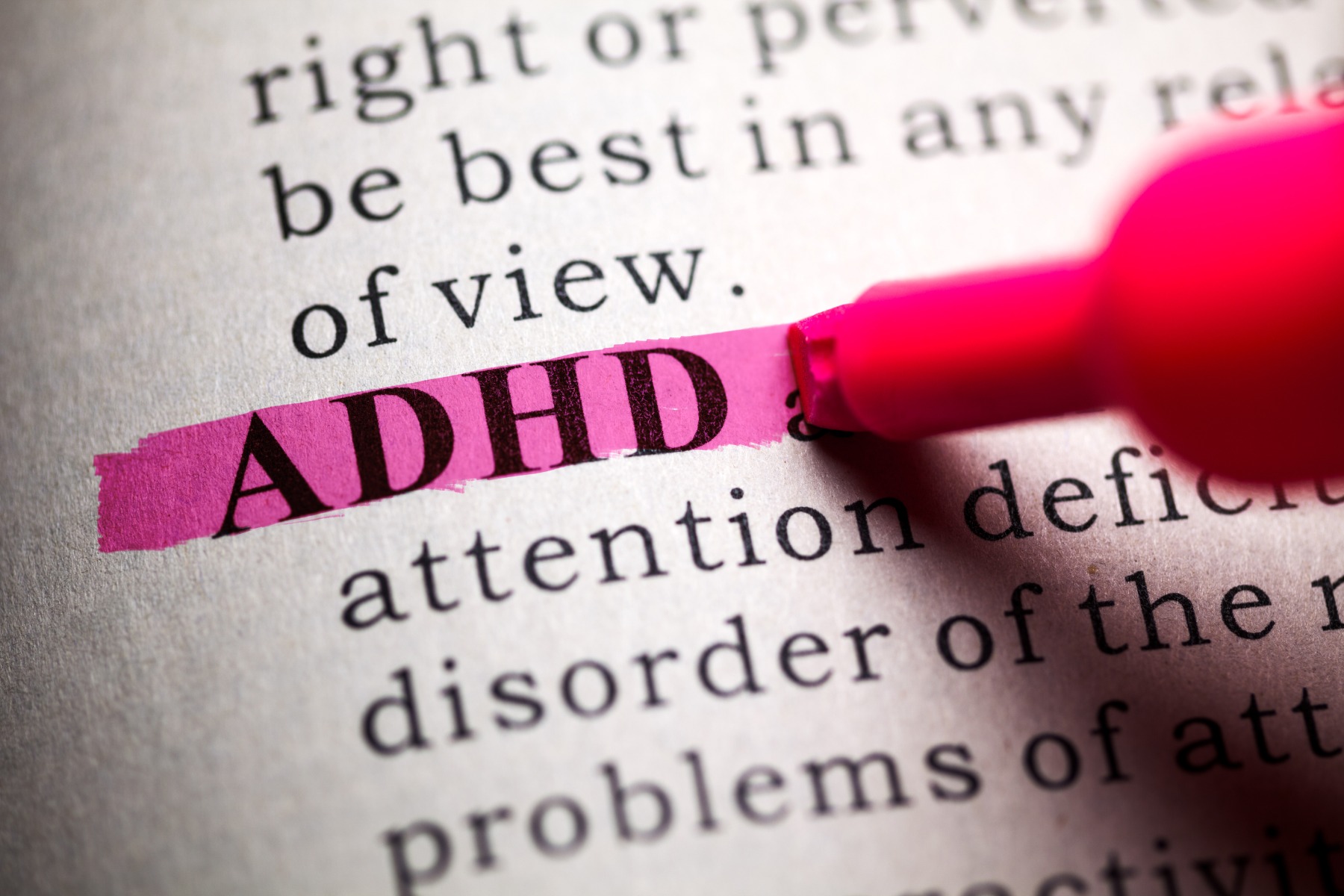

Photo Credit: "© [Feng Yu] / Adobe Stock
If you’re diagnosed with ADHD, you might feel that lion’s mane could help. However, there’s a lot more to ADHD than just struggling with focus, and there are no clinical trials that show lion's mane is an effective treatment.
Therefore, the consensus is to take lion’s mane mushroom to enhance concentration, but not as a treatment for ADHD. If you’re already taking ADHD medication, be sure to check with your doctor before consuming lion’s mane. The mushroom can affect some types of medication, so proceed with caution.
You may feel decreased symptoms in mild anxiety
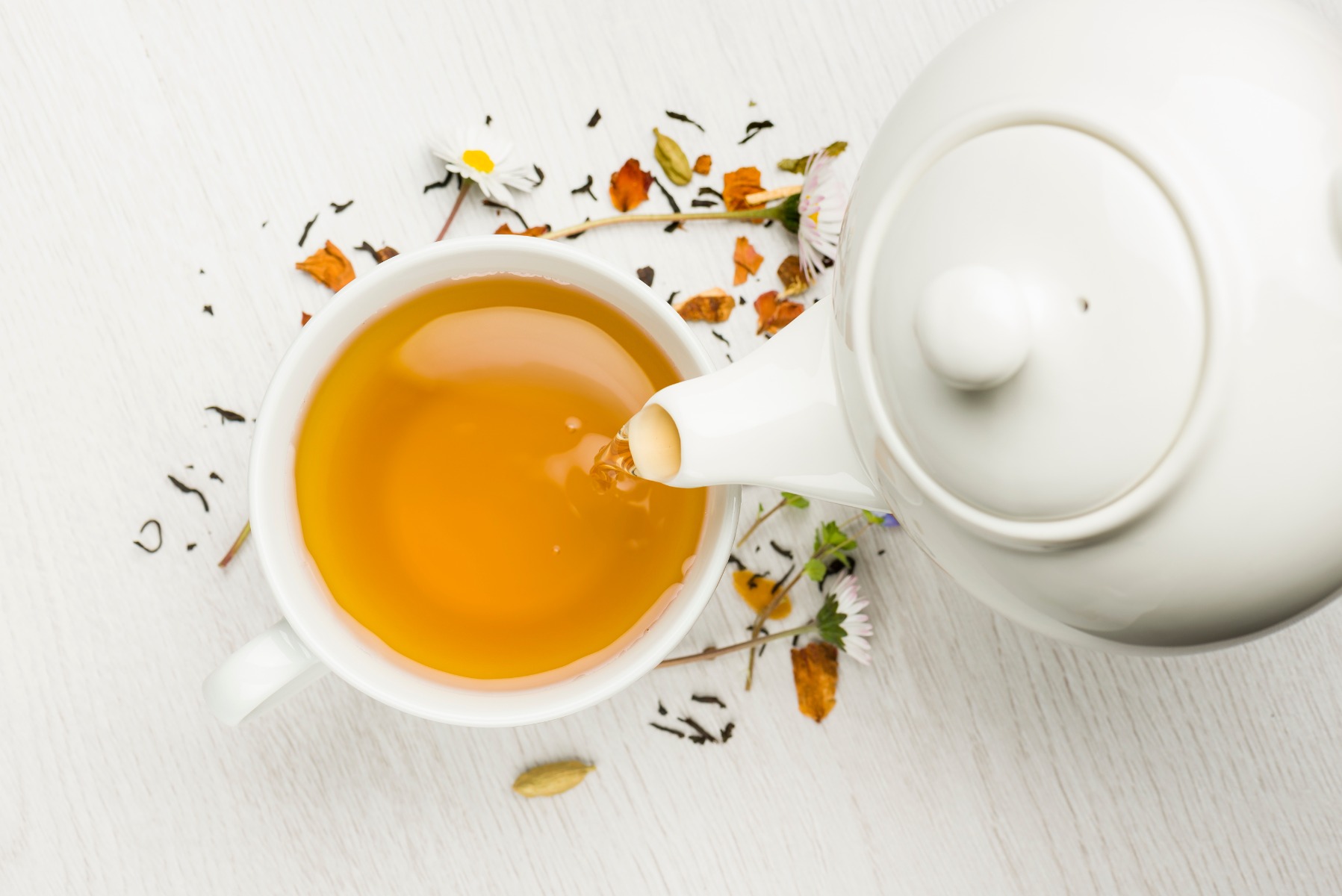

Photo Credit: "© [winston] / Adobe Stock
Anxiety is a form of stress when your parasympathetic nervous system becomes overactive. It can cause feelings of panic, a rapid heart rate, brain fog, difficulty focusing, disrupted sleep and an upset stomach. This is triggered by a release of the hormones cortisol and adrenaline, which lowers the happy hormone serotonin.
Lion’s mane increases your body’s serotonin reception, which helps regulate mood, sleep and digestion. As serotonin rises, stress hormones decrease, rebalancing your nervous system and reducing mild anxiety.
Can I use lion’s mane for anxiety medication?


Photo Credit: "© [joyfotoliakid] / Adobe Stock
It’s important to note that mild anxiety is normal, such as before a test or giving a presentation. But if you are suffering from chronic or diagnosed anxiety, you should not rely on lion’s mane for treatment. It can help with mild anxiety, but if your symptoms are severe, you must seek medical advice.
You could feel in a better mood


Photo Credit: "© [Rido] / Adobe Stock
Many symptoms of depression, anxiety, irritability and a low mood are linked to inflammation, an immune response.
Stress, unhealthy foods, a sedentary lifestyle, alcohol, and smoking can all trigger your immune response. Cells swell to detoxify and heal whatever’s aggravating your body. While this sounds like a good thing, chronic swelling, caused by things like long-term stress or a sugary diet, can cause low moods.
Lion’s mane is rich in antioxidants, making it an excellent anti-inflammatory. It calms cells, settling your immune system. This can decrease irritability or sadness and increase happy hormone production for a better mood.
Can I take lion’s mane for depression?


Photo Credit: "© [Kittiphan] / Adobe Stock
Although there are some promising studies on the effect of lion’s mane and depression, it’s not recommended to take the mushroom to treat depression. Depression is a complex condition that can have both psychological and physical symptoms. Therefore, it requires help from a trained medical professional.
If you are struggling with depression, reach out to your doctor for support. You must also check if it's safe to take lion’s mane if you’re taking anti-depressants.
Try lion’s mane mushroom supplement with Grape Tree
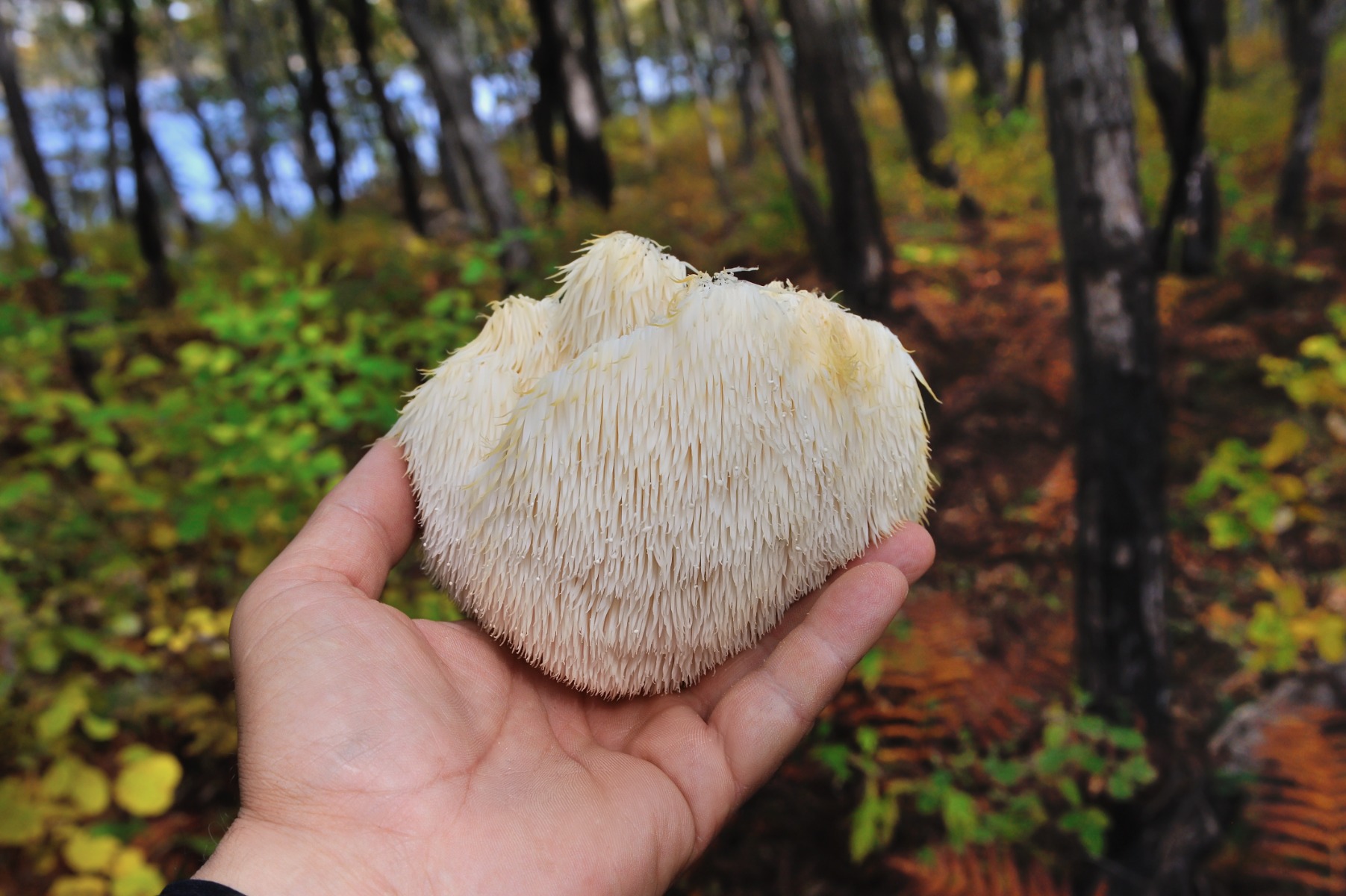

Photo Credit: "© [IgorCheri] / Adobe Stock
Lion’s mane has been used for centuries for its incredible medicinal properties. Try Lion’s Mane Mushroom Extract or Lion's Mane Capsules for improved focus, decreased anxiety and a better mood. Revitalise your body the natural way with Grape Tree.
